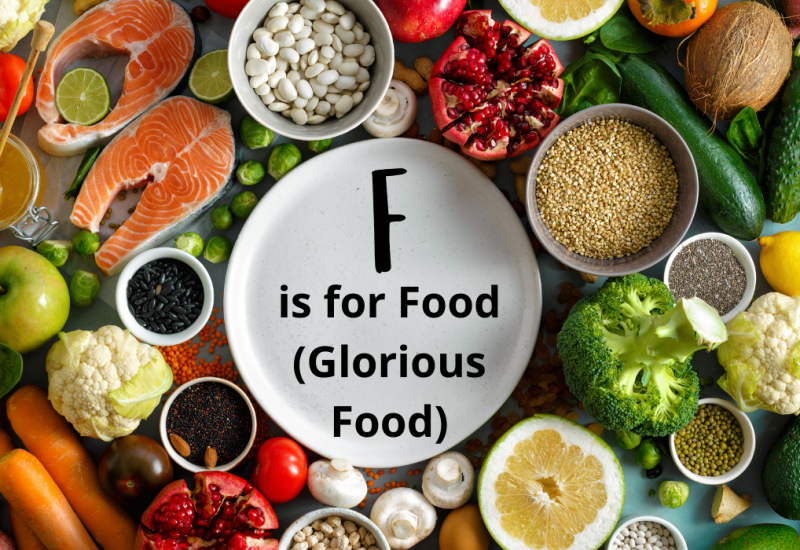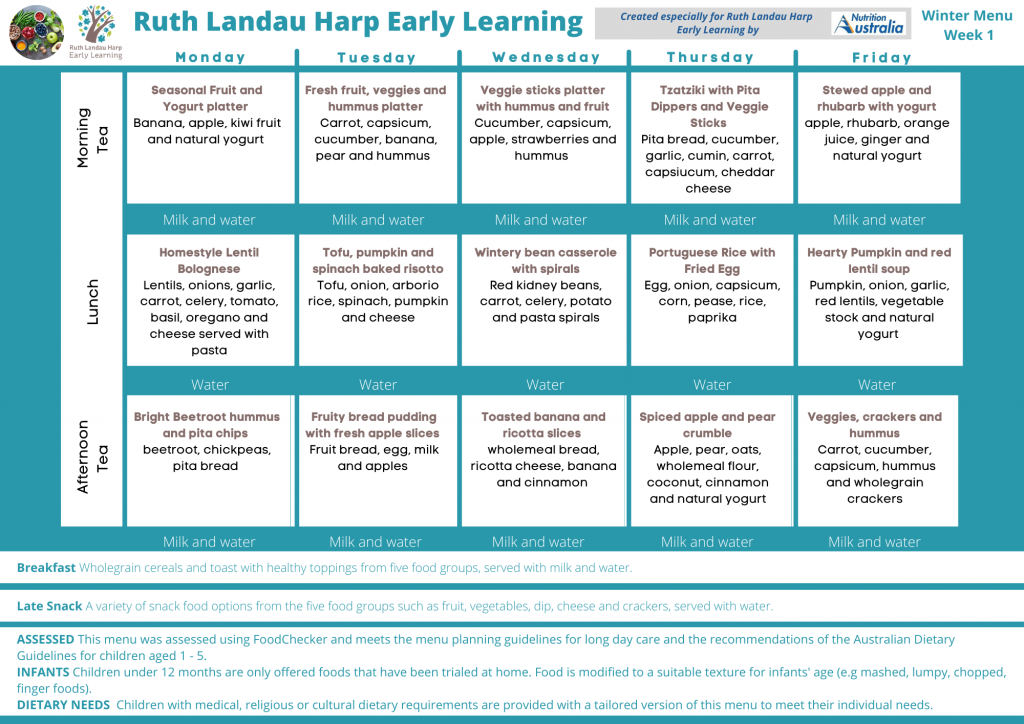
FOOD, it is a source of energy, the fuel that feeds us and something that brings people together.
For the most part it’s associated with fun, celebrations, good times and togetherness. however, sometimes it can be the exact opposite. Food can be a source of conflict, anxiety, fear and frustration.
At home, mealtimes can become battle grounds between parents and children as power struggles play out as food refusal, food denial, coercion and punishment.
For those with children in care, parents might worry that their fussy eater is going for hours at a time not eating and sometimes spending multiple days in care, where food becomes a factor beyond their control.
What do meal times look like at RLH?
Taking advice from the experts, mealtimes in care, might look very different to those you see in your own homes.
Based on dietician advice, our meals are formulated to meet daily recommended serves, across the 5 food groups. They are relaxed and stress-free affairs where children are encouraged to be active participants and practice their developing independence.
Developing a healthy relationship with food starts when children are young and influences, not just their physical wellbeing but emotional wellbeing as well.
Successful meal times
Children are a part of the process (self serving, self feeding)
Serves and meal sizes that are manageable so as not to overwhelm (start small then have some more)
Staff engage and have conversations (role model by eating with children
Children have the choice of when they are hungry (children can choose not to eat)
When children sit down to meals it is a social and relaxing experience (they are often more willing to eat if they see others eating it too)
All of our meal times are progressive (there are options to eat later and earlier)
Meal times are regular and often (2-3 hours apart depending on age)
Parents will often comment with surprise that they cannot believe what their child/children ate at school but… don’t bother trying to replicate our cooks amazing recipes, apparently they lose their magic if you try to make them at home 😊
Important to remember about children and food.
Expect that there will be times when their appetite is less and more. It is normal and linked to growth cycles and development
A healthy child will never starve themselves
It is normal for them to like something one day and dislike it the next
Being picky about food is considered a normal part of child development
Tips and advice from the experts
Parents choose what to eat but children choose how much
Allow children to assert their growing independence
Ignore where you can, too much attention may increase the problem
Avoid punishment and bribes
Never force a child to try new foods
Set a time limit on meals (recommended is 20 minutes)
Keep on introducing new foods, children need a lot of repeated exposure before they will try new foods.
A Sample Menu








